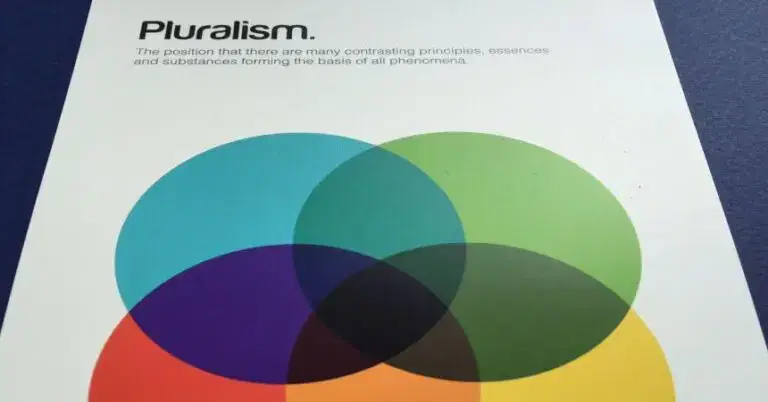How We Lost The Soul

In his classic text Freud And Man’s Soul, the Austrian-born psychoanalyst Bruno Bettleheim provides a compelling account of the common misinterpretation of Sigmund Freud’s work. His argument centres on the mistranslation of a single word – psychoanalysis.
The deviation of this word from Freud’s original German meaning may have profoundly affected how English-speaking readers now understand psychoanalysis and the many variations of psychological therapies that have emerged from it over the last 100 years.
In its English translation, the word psyche has been translated from German as mind, rather than its closer translation – soul. Although Freud often spoke of the soul, most of his references to it have been omitted from the English translations, the most notable of which is probably James Strachey’s 24 volume Standard Edition Of The Complete Psychological Works Of Sigmund Freud.
Strachey’s extraordinary, Herculean gathering together of Freud’s work for the English-speaking world contained within it a crucial moment. From here, the common English understanding of Freud’s great intervention – psychoanalysis – is of an ‘analysis of the mind’ rather than an ‘analysis of the soul.’ In his book, Bettleheim showed us why this matters. This was important on its publication 30 years ago. It is maybe even more so today.
From the translation of this one word, Bettleheim asserts, a more scientific understanding of the person has been privileged at the expense of other crucial aspects of human experience. Bettleheim suggests that tracing back to this one fact significantly alters the English-speaking understanding of Freud’s work. It ushers us toward thinking about the person from a rationalistic, scientific standpoint rather than a more humanistic, hermeneutic understanding.
For the way we think about and work within mental health today this has immense implications, helping to shape everything from public policies to private attitudes in the generations since Freud’s work was first translated.
Within the National Health Service and beyond, the various psychological therapies are constructed as measurable endeavours. In their various applications, the onus is on mental health initiatives to account for the efficacy of their interventions. This is the case even though the quantification of patient outcomes presupposes the person as objectively quantifiable – a contestable idea.
When we talk of mental health, we talk of delivering outcomes and finding evidence bases even though we cannot be particularly certain of any generalisability or reliability in data that measures human experience. It is a common complaint that the accent rests upon promise of cure rather than helping people find new, creative ways of living.
The delivery of mental healthcare to patients is straightjacketed by politics and economics. In the fight for funding, for parity of esteem between physical and mental health, in the demands for measurable outcomes, genuine curiosity is sacrificed for bureaucratically-digestible results that may be gravely contestable. In all, we are not offering the mental health services that people need.
To followers of Freud, it is peculiar that his practice of self-inquiry has been turned into a generalised technique of psychological adjustment in the name of the science of the mind. It is little understood just how much this conflicts with the intention of Freud’s work in his later years. This misappropriation of Freud’s work has been witheringly satirised by the psychoanalyst and writer Adam Phillips, who, with a nod to Freud’s translators and the current mental health landscape in the UK, has described pathology as “the conviction that there is a Standard Edition.”
It is fascinating to speculate as to what kind of understanding(s) we would now have of therapy had we thought of psychoanalysis from the view of an enquiry into the soul instead. It is a question hard to imagine putting to the powers-that-be, so embedded are the limited, collective beliefs about shaping our political economy according to the demands of the market. Bettleheim’s book shows just how contingent our present is and how hard it can be to imagine things being any other way. But it is possible to see things another way – it can be re-imagined.
One of the goals of psychotherapy has been described as the integration of the emotional life into the intellectual life. Thinking over-scientifically about it, privileging the mind over the soul, at least in the way we have come to understand the word ‘mind,’ surely limits this potentially transformative body of work.
Recognising the effects of the mis-translation and its implications raises the potential of disrupting the more oppressive ‘certainties’ that abound within present-day mental healthcare. In turn, this may allow new possibilities of care, both in the way that we view the person and in the ways in which we practice psychotherapy in the future. Until then, for the patients and clients we serve, the soul may remain lost in translation.





